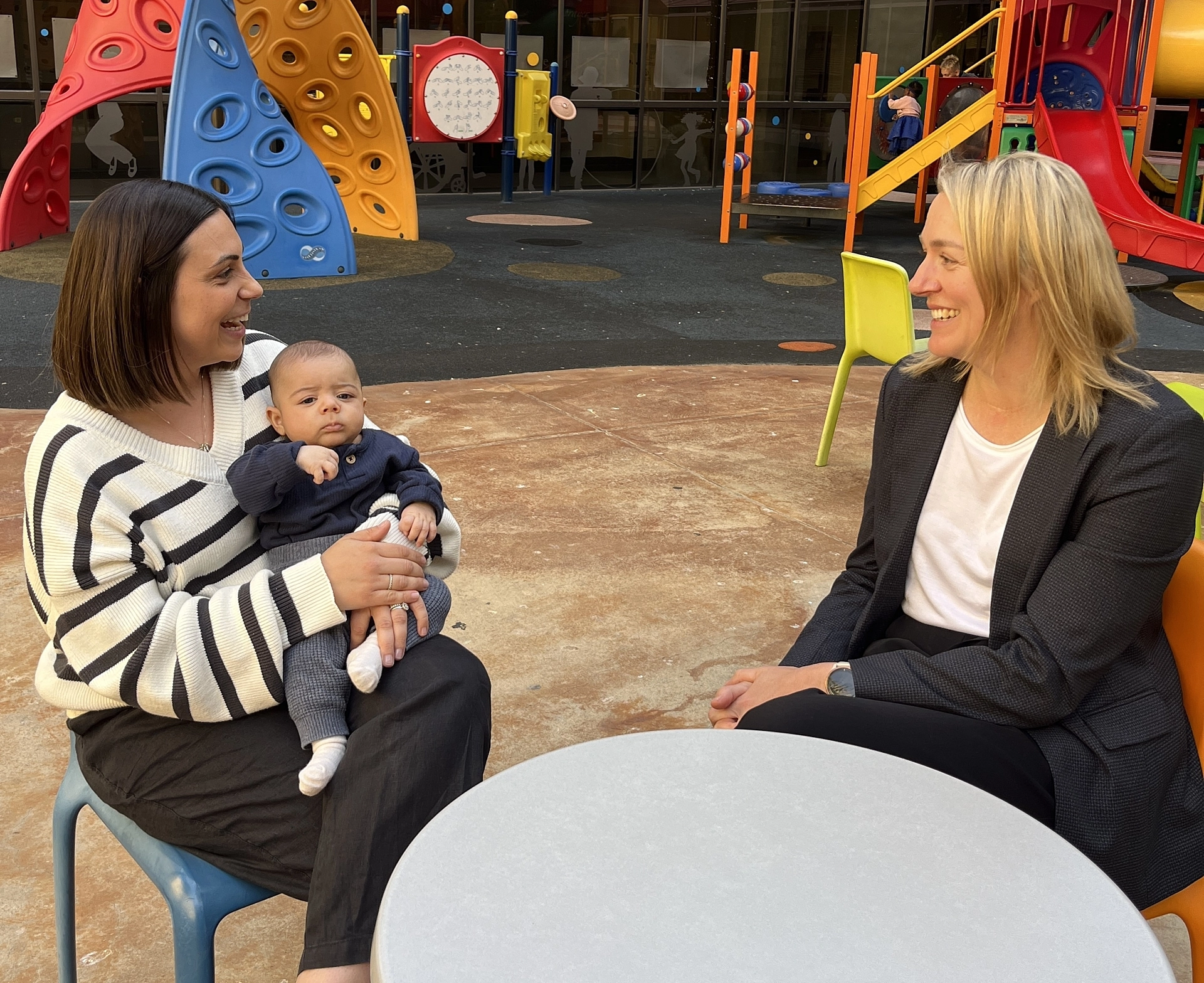Researchers from SAHMRI’s Women & Kids theme are on a mission to recruit 2800 Australian women who are less than 16 weeks pregnant, for a nationwide clinical trial to help answer a crucial question; should mothers take folic acid supplements throughout the second and third trimester?
Folic acid is an essential nutrient and getting enough prior to conception and in the first trimester is crucial to reduce the chances of babies having a Neural Tube Defect (NTD), such as spina bifida.
However, the neural tube closes four weeks after conception, and study leader Professor Tim Green says it’s not known whether taking folic acid throughout the rest of pregnancy, and into the first months of baby's life is beneficial or detrimental to their health.
“This randomised, control trial aims to investigate and evaluate the risks and benefits of folic acid supplementation, particularly its relationship with gestational diabetes. This is important to know so that families, their doctors and policymakers can make informed decisions during pregnancy,” Prof Green said.
Some studies show that continuing to take folic acid throughout pregnancy and lactation is associated with a reduced risk of conditions such as gestational diabetes, preterm birth, postnatal depression, and developmental delay in the child. While other research suggests continuing folic acid is associated with an increased risk of these and other conditions.
“All of these prior studies are observational, which means they can't tell us for sure what the risks and benefits of continuing to take folic acid are. That’s the knowledge gap we’re aiming to fill,” Prof Green said.
Participants will be supplied with prenatal multivitamin supplements to take from the second trimester of their pregnancy, until three months after giving birth. One group of women will receive supplements with a standard amount of folic acid and the other will receive a supplement with no folic acid. No one will know which group they’re in.
The study will be completed remotely via phone, email or post. SA participants may opt to make a single visit to the SAHMRI clinic to give a blood sample, though this is non-compulsory.
“Everyone will complete the Australian Eating Survey at around 20 weeks to understand your dietary folate intake, each person will then receive a report with a detailed assessment of their diet.”
“We’ll also look at the results of oral glucose tolerance tests that are performed as part of routine pregnancy care at around 28 weeks.”
Researchers will keep in contact with participants via online questionnaires throughout the first two years of their child's life to assess longer term health outcomes.
The Folic Acid in Gestation Study (FIG), has been funded by the Women’s & Children’s Hospital Foundation, as part of the Bloom Research Program.
Those interested in taking part click here to find out if you’re eligible and to register.





